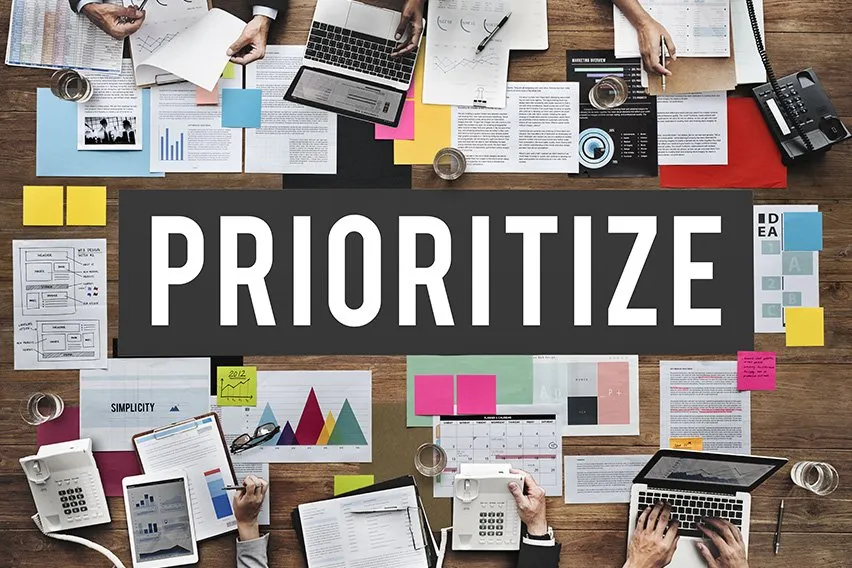The Importance of Budgeting As a Freelancer: Five Essential Tips

Decide What Is a Necessary Expense
Freelance work is a great way of earning money on your own terms, but it’s important that you have a good grasp of your expenses. Keeping costs low while delivering quality and timely service is at the core of all successful businesses—and freelancing is no exception. Here are five tips that will help keep you on track for a healthy budgeting strategy.

1. Decide What Is a Necessary Expense
Not all expenses are created equal. In business, it’s inevitable that you will need to spend money to make money. But it’s essential that you’re able to tell the difference between what is needed and what is wanted. Necessary business expenses are those that are required to keep your business running effectively. Expenses falling outside this category are luxuries—extra items that aren’t required for you to continue doing freelance work.
2. Cut Out What You Don’t Need
The simplest and easiest way to have a healthy freelancing budget is to eliminate the wants while keeping the needs. This is not to say that all wants should be immediately discarded. If your freelance business is thriving and you can comfortably afford unnecessary expenses that make your life a little easier, then there is nothing wrong with retaining them. But it’s important to know what you can cut out if you need to.
3. Monitor Your Money
Keeping a close eye on your incoming and outgoing money is paramount to budgeting. You need to have a very solid understanding of exactly what you are earning and when it’s coming in—and be able to plan accordingly. Freelance income can be unreliable and tends to fluctuate, so the trick is planning for those lower income periods by not overspending during higher income phases. This will create a nice balance of cash flow and help you stay afloat.

4. Make Sensible Choices
This one sounds obvious at a glance, but it pays to look a little closer. There are many things you can do that can help you save time, and in the business world this means saving money as well. Keeping accurate track of your accounts, using apps where you can to monitor your business activity—like a mileage tracker—and taking on suitable amounts of work are all examples of this. Working smarter not harder is often the best way to go.
5. Plan, Review, Plan Again
Even the best-laid plans need reviewing from time to time. Once you’ve established a healthy budget that you’re able to stick to, it’s important to stay vigilant. Check in with your budget regularly to determine if there’s room for further improvements. There are always ebbs and flows when it comes to spending, and everyone falls off track once in a while. By regularly checking your budgeting, you’ll remind yourself of your end goals. As a result, you’ll hopefully be able to hold back when tempted by a needless purchase.
Did you find this article helpful? If so, you might be interested in our guide Expense Tracking for Freelancers, where we explain smart ways to track your expenses.
RELATED ARTICLES

 5 Effective Time Management Activities to Help Boost Employee Productivity
5 Effective Time Management Activities to Help Boost Employee Productivity How to Prioritize Work Effectively and Focus on Your Goals
How to Prioritize Work Effectively and Focus on Your Goals Tips for Improving Bad Time Management to Boost Productivity and Reduce Stress
Tips for Improving Bad Time Management to Boost Productivity and Reduce Stress The Importance of Time Management: Tips for Productivity
The Importance of Time Management: Tips for Productivity How to Project Manage?
How to Project Manage? What Are the Project Management Processes?
What Are the Project Management Processes?